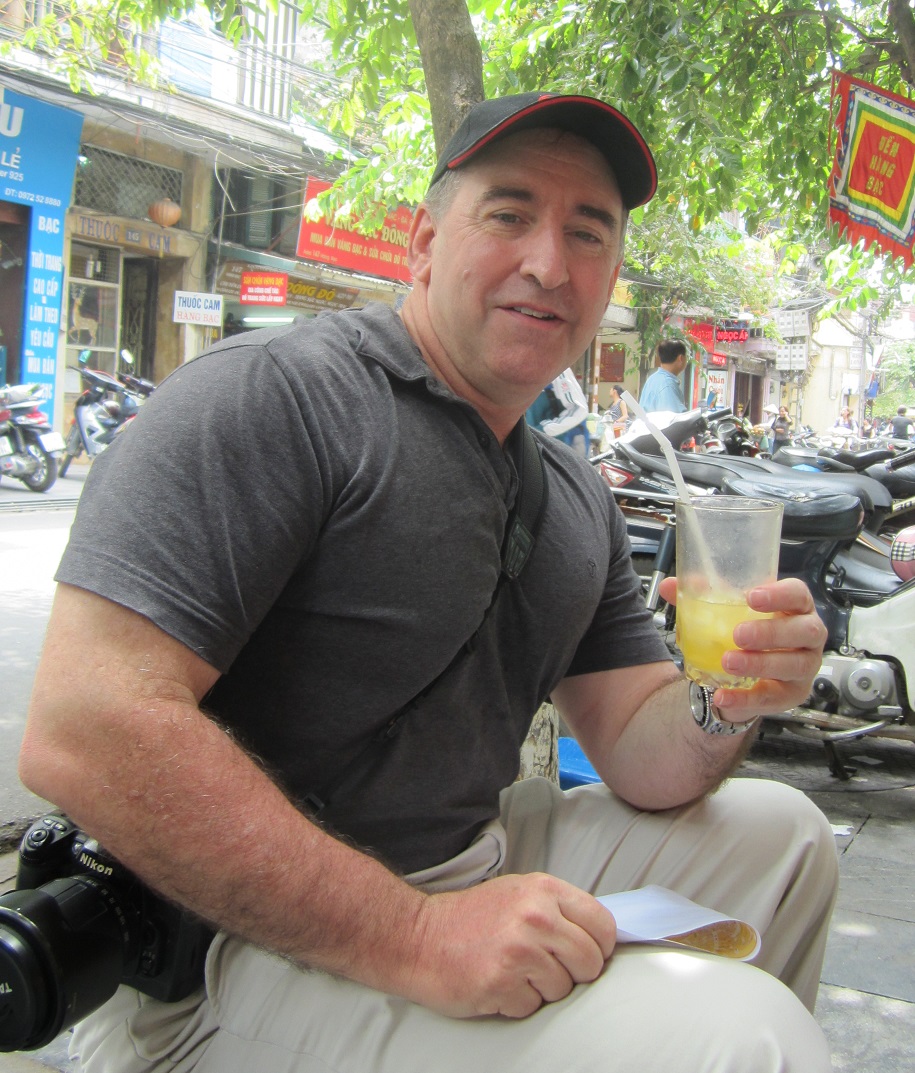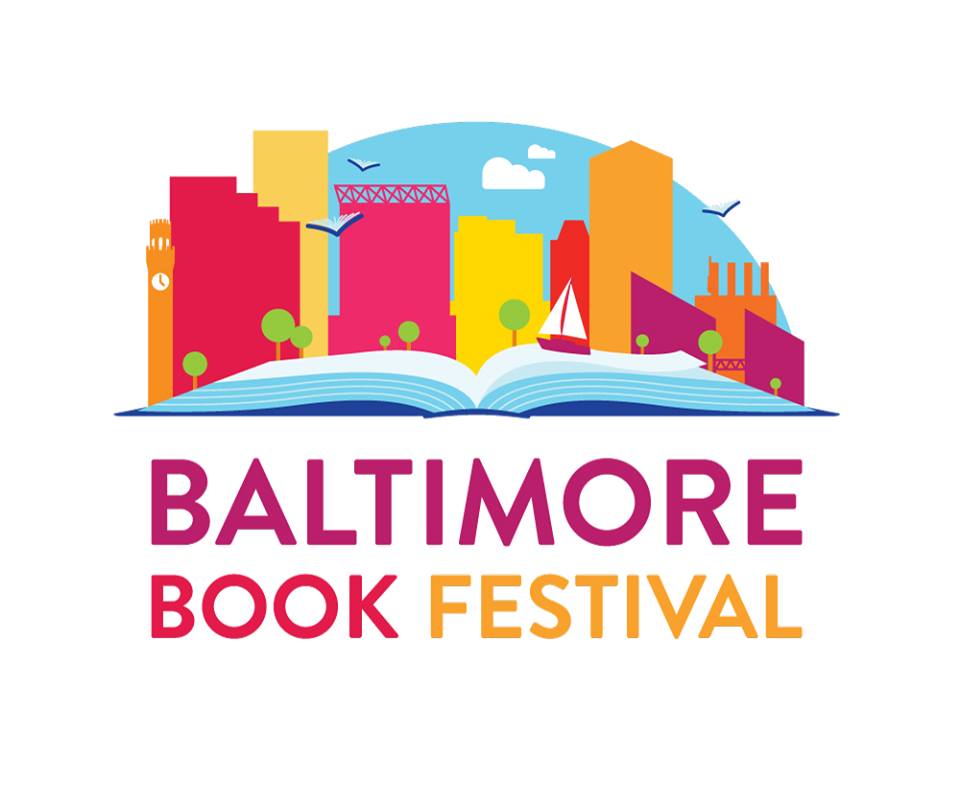
I chatted with author Jonathan Brazee about his life living overseas and his book series!
Q: Talk about your childhood, where you grew up, etc
I was born in Oakland, but I grew up in Mexico City, the Eastern Shore of Maryland, the LA area, Connecticut, and Iowa. I had a good childhood, running around like crazy, playing imaginary, detailed games where we took on roles and even dressed the part. When a friend’s brother came back from Vietnam with his 782 gear, we all took a piece to wear and switched from Native American and Mongol-related role-playing to Army.
My father worked hard, but he always had time after work to take my younger brother and me fishing. On weekends, we took canoe trips in the canoe he made in our basement.
My brother introduced me to SF at an early age. I read The Ingenious Nobleman Sir Quixote of La Mancha,when I was six, , then gravitated to the Hardy Boys and other classics. A few years later, my brother gave me a copy of Andre Norton’s Star Man’s Son, 2250 A.D., and I was hooked. I was astounded that you could actually make up a universe. I’d done that while playing games in the forest, but this was far, far, more interesting to me.
Q: I read that you’ve lived in a LOT of places. Which place has been the most interesting and why?
That is a difficult question, because each place has its own unique offerings. In Chestertown, Maryland, we lived by a swamp, and there was a slave cabin on the property. The town was segregated, but it couldn’t afford two busses for the black and white kids who lived in the countryside, so we went on the bus together, but we were dropped off at different schools. That made no sense to me, and in conversations with my parents, it was there where I began to form my core beliefs concerning prejudice and discrimination. I think that set the stage for my embracing diversity in all of its glory.
Iowa was a great place to grow up, and it gave me independence. I managed to survive without getting into too much trouble.
Living overseas was wonderful, with Norway, Japan, Italy, and Thailand being among my favorites, but all for different reasons. As a whole, they combined to impress upon me that there is no single way to look at the word, and no single way is “better” than the rest. Diversity is not simply a racial, gender, or LBGTQ-type issue. It is also cultural.
Q: What inspired you to become a writer?
I have a big enough ego to want to make my point known. That is probably why I was an adjunct professor. I love to teach. And that was probably why except for a single SF short story published in 1978, all of my writing was non-fiction.
But I love reading fiction, so while in Iraq, without the ability to do my normal running (a little thing like people shooting at you as you ran by put the kibosh on that) and with limited books for me to read on hand, I decided to take my love of storytelling and try and write that novel.
Q: This may be tough, or maybe impossible to answer, but what is your favorite book that YOU have written and why?
From the Shores of Tripoli. This is an historical fiction about the First Barbary War in 1802-1805. The research was just so much fun. Most of the book was 100% accurate with as many historical quotes as possible. Each battle is exactly as they were recorded. The fictional aspect was that I viewed the events through the fly-on-the-wall eyes of three fictional privates. I had significant assistance from the Marine Corps Historical Division. Unfortunately, the book has not been a big seller, so the sequel keeps getting pushed back in the queue as my readers keep asking for other books.
I still like reading Wererat, which is also not one of my best sellers.
I am probably the proudest of Integration, not because it was a Dragon Award finalist, but because it may be my best work. It is Space Marines, will all that requires, but it is a deep look at discrimination and integration.
And I really like Fire Ant, just because it is a fun novella.
Q: When you’re not writing your next book, what are you most likely doing in your “free” time?
Exercise and cooking. However, I am not sure how much free time I will have in the future. We are expecting twins in February (our first children).
Q: You wrote a non-fiction exercise book. What is ONE piece of exercise advice you swear by?
Start! That may sound self-evident, but that is the biggest step. Don’t keep thinking about it, do it.
Q: What has it been like communicating with your fans via Facebook and Twitter?
After being heartily chastised by Erin Hartshorn at WorldCon, I finally became part of the Twitter universe. I have used FB, and I communicate through that, but I primarily communicate with my mailing list. I exchange private emails with a large percentage of them, and it fills my soul, if I can be a little corny. I love it. And I should pay heed tow hat they say. They are the people who read my books. I’ve gone to them several times as a group for advice. I think they saved my first Space Marines series when, in response to my query, convince me to go into a different direction, which resulted in an epilogue that is possibly my best piece of writing.
And I have had some very emotional experiences through this. One of my mailing list members wanted me to put in a cook as he had been a British Army cook, so I did, giving the character his name. He’d often write me to chat or offer suggestions. When I saw he’d quit my list, I was shocked and asked him what happened. His wife answered, telling me that he’d died.
I was pretty sad, and I told her I was dedicating my next book to him (I dedicate books to people who died in the line of duty or who served, but then passed later). Two weeks later, his son sent me a copy of his vicar’s eulogy at the funeral. I found out that Marten had been bedridden for the last three years. What shocked me was that the last page of the eulogy concerned me. While bedridden, he looked forward to reading my books and communicating with me, taking pride that he contributed to my books. His family was touched that I dedicated my book to him, and when I was speaking in London a month later, they drove three hours so I could give them a copy.
This is why I write. It is easy to get out the next book, to watch the sales data, to get focused on how the book affects us as writers. However, what is important is how our books affect others. The fact that my little scribblings could affect anyone like it did Marten still astounds and humbles me.
Q: Are you excited about the Baltimore Book Festival?
Yes, I am. I attend a lot of cons, and this is book-oriented, so it is at the heart of why I write.
Jona Jonathan is one of the authors at this weekends Baltimore Book Festival!
Jonathan is one of the authors at this weekends Baltimore Book Festival!
Follow Jonathan on Twitter
‘Like’ Jonathan on Facebook
[follow_me]
